#anti intellectualism
Text
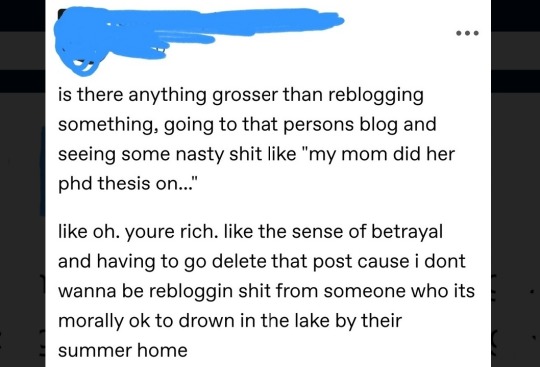
y'all ever see a take so maliciously dumb you don't even know where to start?
anyway I've been thinking about this post for *days* so I've decided y'all have to see it with your eyes too
*edit* y'all I shouldn't need to say this, but do not attempt to track this person down or harass them or interact with them. we can discuss a dumb concept without dogpiling some random whoever on the internet
8K notes
·
View notes
Text
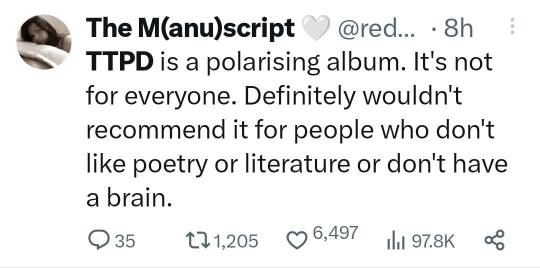
and are the poetry or literature or brains in the room with us right now?
#anti taylor swift#anti intellectualism#MAN everytime i think someone couldn't possibly say something stupider than this some swiftie comes along and pulls this garbage#OP IS AN EX SWIFTIE. BY THE WAY
673 notes
·
View notes
Text
don't complain about anti-intellectualism when people ask for simplified language, or ask you what something means. simplified language can help neurodivergent/intellectually disabled people, people without much formal education, and people who aren't fluent in whatever language you are using
anti-intellectualism is when governments and other powerful institutions try to silence teachers, scientists, artists, among others, because they don't want people to question their power or learn things that those in power disagree with
two very different things
5K notes
·
View notes
Text

this is the worst book description I’ve ever read like I’m actually having a stroke
#sexy fae vikings#hades and persephone AND beauty and the beast#this is awful i’m sorry#this is actually making me nauseous so#books#fantasy books#booktok#anti sjm#anti sarah j maas#anti fbaa#anti acotar#fae books#beauty and the beast#hades and persephone#anti intellectualism
6K notes
·
View notes
Text
“colleen hoover is the new modern day jane austen” “emily henry is the new modern day jane austen” “tessa bailey is the new modern day jane austen”
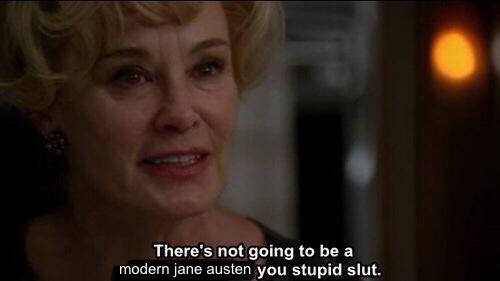
#jane austen#booktok#anti intellectualism#sorry you guys don’t know what you’re talking about!! couldn’t be me!!#xoxo gossip belle#belle going unhinged
6K notes
·
View notes
Text
anti-intellectualism, classism, and capitalist bootlicking go hand in hand
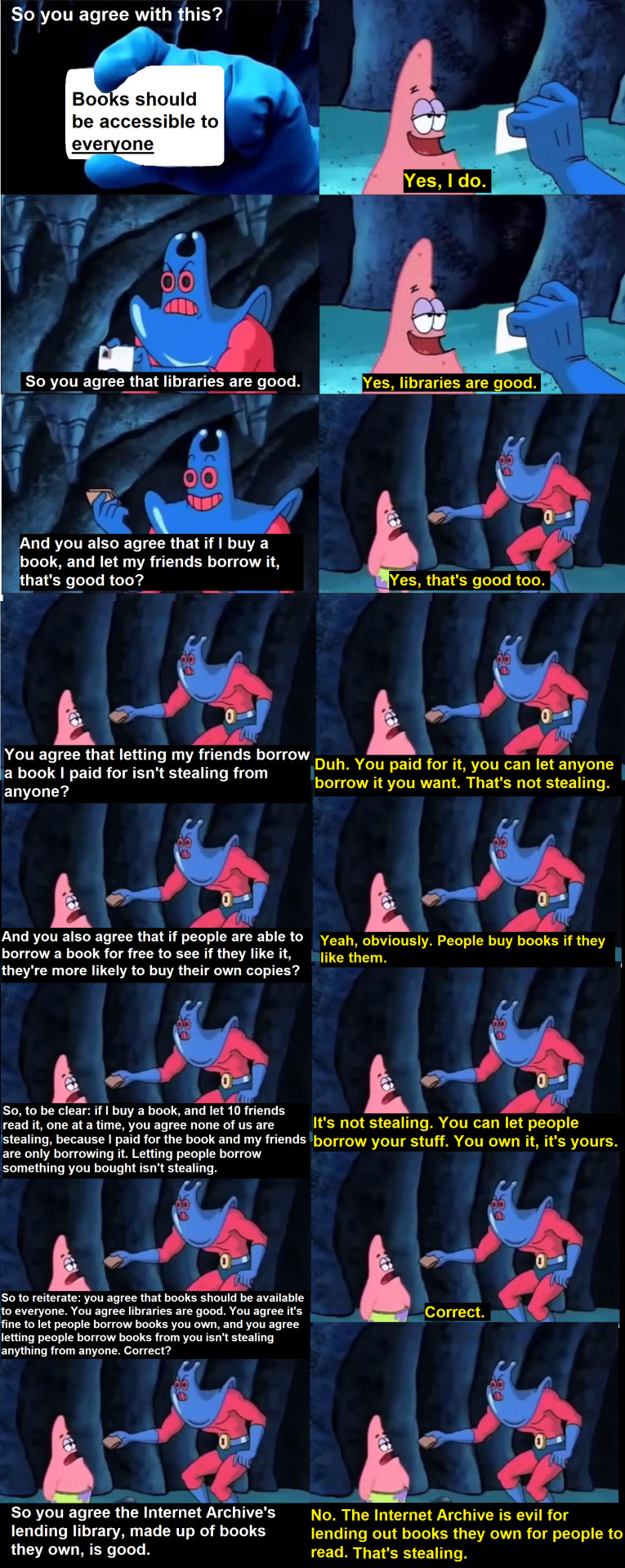
[ID: The meme from Spongebob of Manray attempting to return Patrick's wallet, while Patrick insists it's not his.
Manray asks, "So you agree with this?", while holding up Patrick's ID card, which has now been edited to read, "Books should be accessible to everyone", with the word everyone underlined for emphasis.
Patrick replies, "Yes, I do."
Manray: So you agree that libraries are good."
Patrick: Yes, libraries are good."
Manray: And you also agree that if I buy a book, and let my friends borrow it, that's good too?"
Patrick: Yes, that's good too.
Manray: You agree that letting my friends borrow a book I paid for isn't stealing from anyone?
Patrick: Duh. You paid for it, you can let anyone borrow it you want. That's not stealing.
Manray: And you also agree that if people are able to borrow a book for free to see if they like it, they're more likely to buy their own copies?
Patrick: Yeah, obviously. People buy books if they like them.
Manray: So, to be clear: If I buy a book, and let 10 friends read it, one at a time, you agree none of us are stealing, because I paid for the book and my friends are only borrowing it. Letting people borrow something you bought isn't stealing.
Patrick: It's not stealing. You can let people borrow your stuff. You own it, it's yours.
Manray: So to reiterate: You agree that books should be available to everyone. You agree libraries are good. You agree its fine to let people borrow books you own, and you agree letting people borrow books from you isn't stealing anything from anyone. Correct?
Patrick: Correct.
Manray: So you agree the Internet Archive's lending library, made up of books they own, is good.
Patrick: No. The Internet Archive is evil for lending out books they own for people to read. That's stealing.
End Id.]
#long post#libraries#books#reading#bibliophile#internet archive#web archive#anti intellectualism#anti-intellectualism#capitalism#eat the rich#kill the rich
249 notes
·
View notes
Text
After months of staying silent on literary discourse here on Tumblr, I finally have something to contribute.
Fanfiction is not the problem. Fanfic is a free, communal and valid form of writing which, although not always high quality, has yielded some genuinely great stories. The real problem, the reason for ‘booktok books’ and the flaws in modern literature, is fanfic being hijacked by corporations. The minute people try to make money off of it, the minute fanfic and fanfic-style stories lose their meaning. Fanfiction is written on the notes app at 3am for you and 5 friends who share your taste. It is self-indulgent, chaotic, often told through a queer and/or neurodivergent lens, and free from any pressure to be commercially palatable. The minute a few stereotypical fanfiction tropes and ideas are stolen by commercial publishers and twisted into patriarchal, heteronormative versions of themselves with no character depth beyond the romance (a problem that for obvious reasons doesn’t apply to fanfic), that is where the real problem begins.
Thank you for coming to my TED talk
#booktok#text post#essay#fanfic culture#anti intellectualism#book discussion#book discourse#literature discourse#literature#anti booktok
1K notes
·
View notes
Text
I don't have all the words for it now but. The way booktok is so hyper-consumerist. The way the "badass feminist" protagonists are more often than not white self-inserts for the audience to project onto rather than actual characters. The same repackaged "golden" male love interest with dark hair. The obligatory racism. The way 90% of the booktok girlies are white women and the few woc are used as tokens to shield the current mess that is YA/NA books from any discussions of the rampant racism. It's all connected, it all goes back to the largely white audience, somehow, but I don't have the words for it yet.
#hmmmm i dont have all the words for it yet but. this will be an essay one day. mark my words#anti booktok#publishing#on media#anti intellectualism#bookish rambles
810 notes
·
View notes
Text
WHAT DO ALL OF THESE BOOKS HAVE IN COMMON?
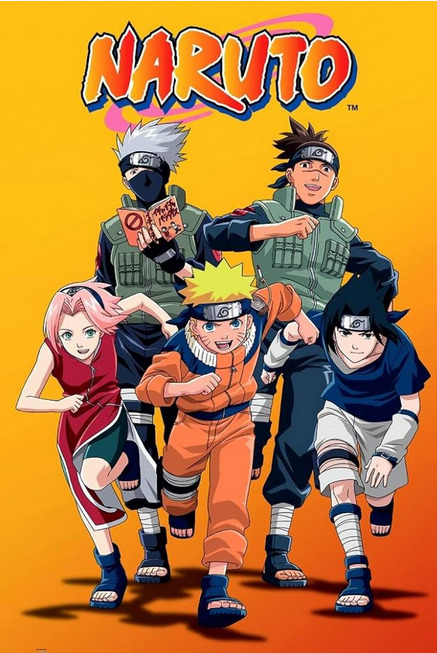
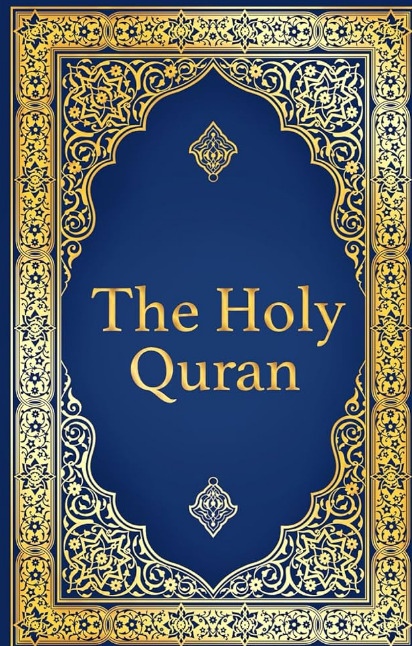
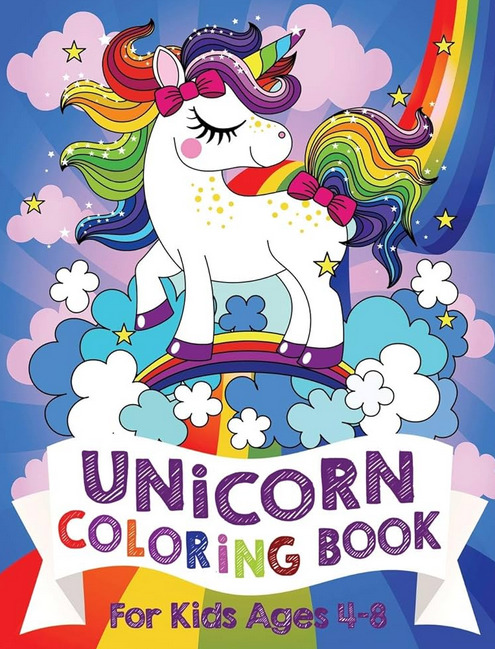
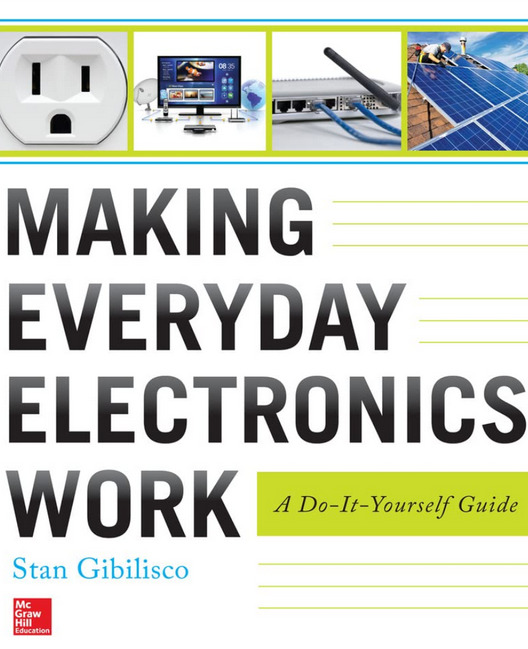
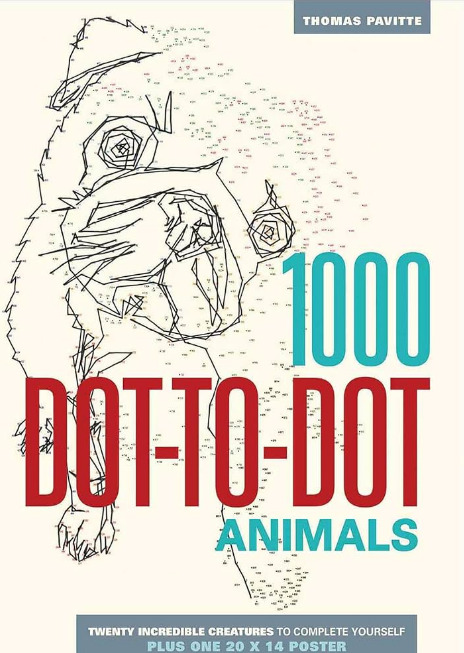
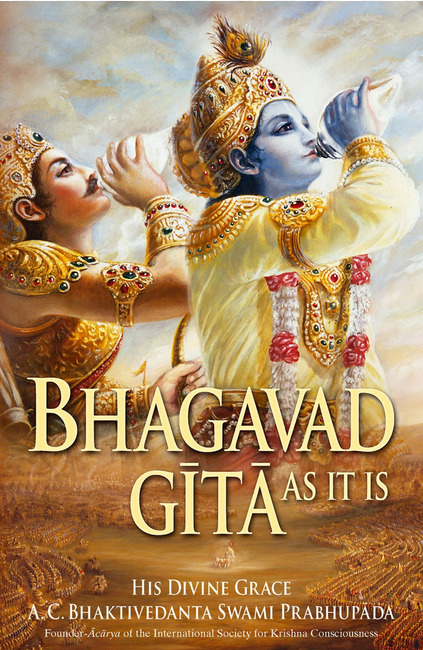
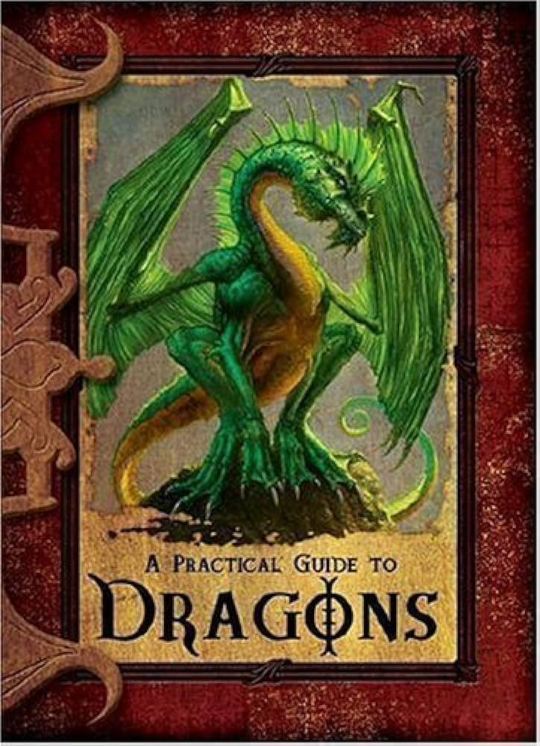
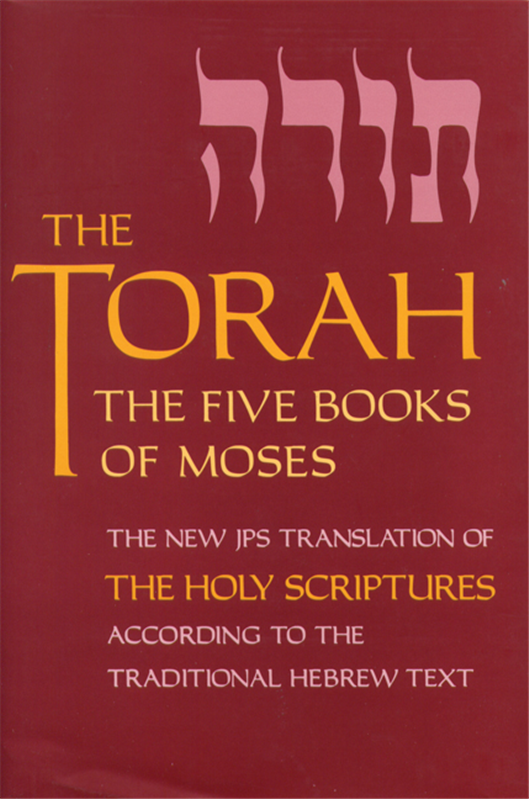
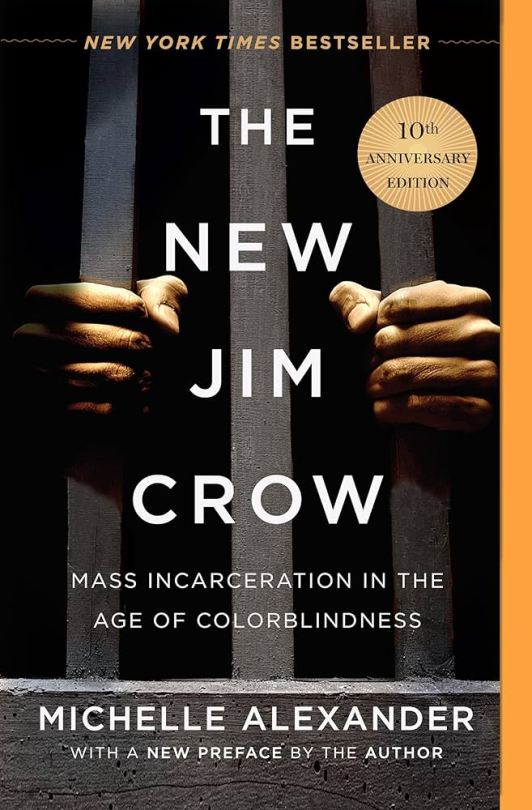
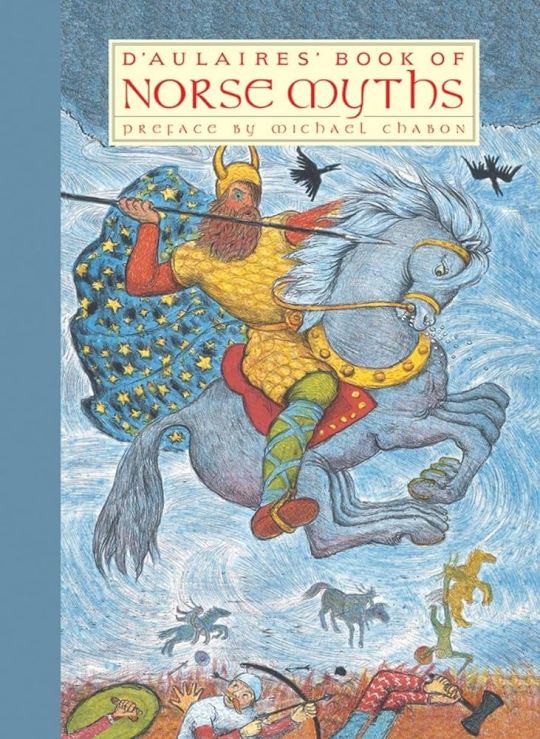
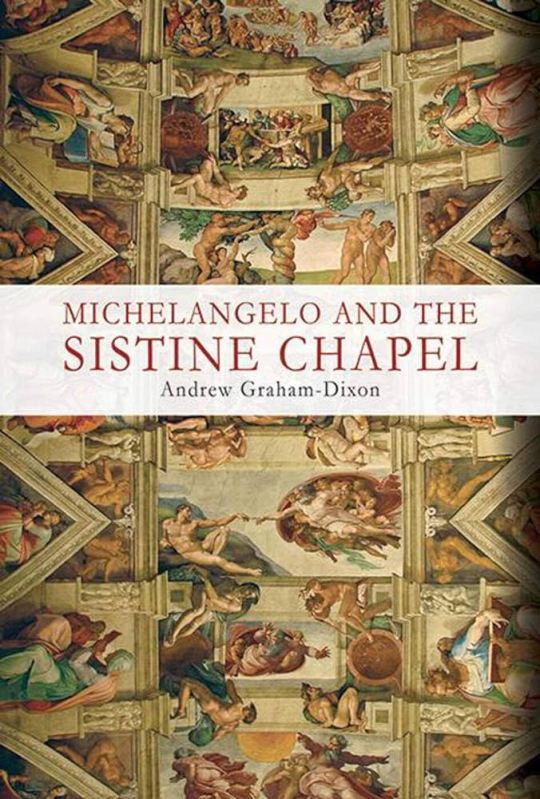
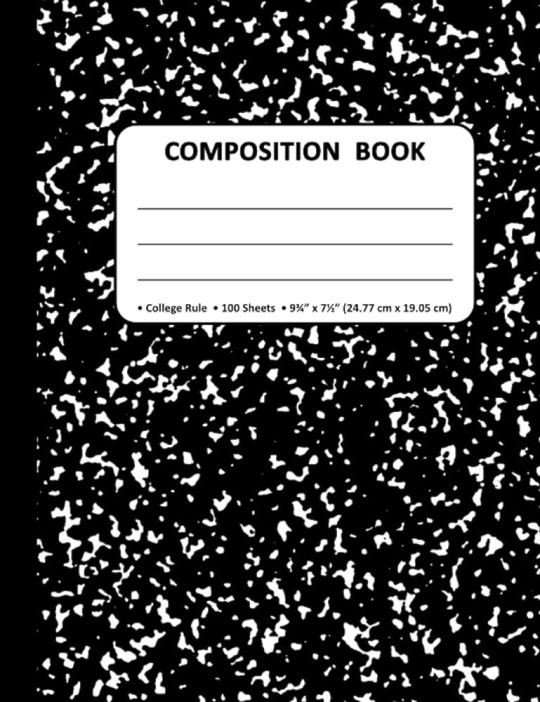
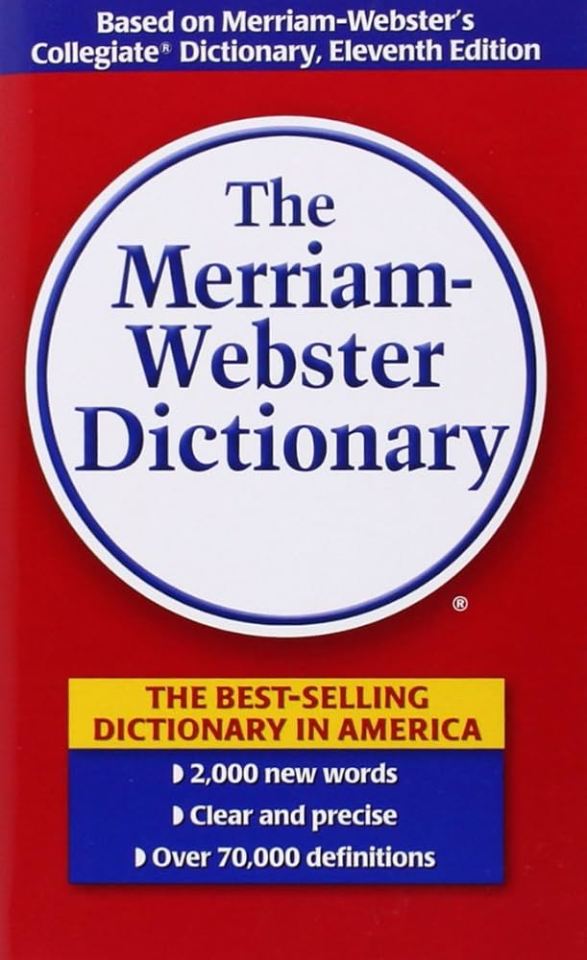
ANSWER UNDER THE CUT
All of them have been banned, or access to them has been restricted, in a prison in America within the last ten years.
In many states, prisons have broad and vague guidelines for book restrictions -- N.J. Admin. Code § 10A:18-4.9 grants prisons the right to ban a book if it "Lacks, as a whole, serious literary, artistic, political or scientific value". In Arizona, "inmates are not permitted to send, receive, or present... Publications that depict nudity," and explicitly states that classical art is not an exception (DO 914: 8.2.1 and 8.2.1.1).
I volunteer at a nonprofit that sends free books to prisoners. From personal experience, I know there are sweeping book restrictions such as "no dictionaries," "no coloring books," or "no manga". While these books are not always strictly banned, inmates are frequently underpaid, or forced to labor without pay. That means many inmates cannot afford to purchase books, and rely on nonprofits for access.
Book bans in public libraries and schools are unconscionable, but they are usually not effective at restricting access. A high school student can usually still see an image of Michelangelo's David even if they cannot learn about it in class. In prison, a book ban on nudity can permanently prevent inmates from accessing great works of art, the shared heritage of humankind.
DONATE TO THE INSIDE BOOKS PROGRAM IF YOU HAVE THE OPPORTUNITY. THEY SEND FREE BOOKS TO PEOPLE IN PRISONS.
Sources:
Found on Marshall Project
1,001 Movies You Must See Before You Die (banned in California according to Marshall Project
Basic Fundamentals of Modern Tattoo (Illinois)
No role playing games. A Practical Guide to Dragons. Abolish Prison Slavery. “A Multi Denominational Wicca Bible. (Montana)
101 Things to Do With Mac and Cheese (New Jersey)
“But, Didn’t You Kill Malcolm?” and “A Field Guide to Lucid Dreaming” (North Carolina)
“100 Years of Chevrolet” “1000 Dot to Dot Animals” (Oregon)
“San Francisco Bay Newspaper” “Making Everyday Electronics Work” (Rhode Island)
“Marvel Encyclopedia” (South Carolina)
“A Brief History of Manga” (Texas)
“1001 Photographs You Must See in Your Lifetime” (Virginia)
“A Question of Freedom” Reginald Dwayne Betts (Wisconsin)
The Tennessean
A prison in Tennessee restricts access to The Quran, The Torah, The Bhagavad Gita, and books about Norse mythology. (The ban did not apply to the Bible.)
Personal Experience
I am not willing to dox myself, so I cannot name the nonprofit where I volunteer. However, I swear that I have seen book bans on manga, how-to-draw guides, coloring books, electronics books, dictionaries, and composition notebooks.
128 notes
·
View notes
Text
You know, lately I find little joy in reading media discourse. I love media analysis, I studied it, I taught it, but lately I just don’t enjoy reading people’s thoughts like I once did.
It’s not just that media literacy and reading comprehension are in decline, that’s been going on for a while. It’s that so much of media discourse feels like a phantom war, a proxy for something else. It’s not even about the media anymore.
People find one flaw and judge it an irredeemable one so they can dismiss something they were always going to dismiss because of the theme, the subject matter, the person behind it etc. People dismiss a piece of art that is about x for not being about y (people wanting every story to indirectly be about them etc.) People dismiss pieces of art for not condemning their own characters for not being morally virtuous, not condemning their own themes for being limited, not condemning their own creation for being insufficiently radical or revolutionary.
It’s like so many people will just say stuff completely disconnected from the reality of creation under capitalism, completely indifferent to authorial & historical & geographical context, genre, subtext, logistics etc.
It’s not enough to say that a work has flaws and explain why and what that reveals. The flaws must be irredeemable blemishes that besmirch the moral character of the creators and audience. It is not treated as expression. It is treated as a calculated move in the battle of ideas and must be lambasted or praised not on the basis of artistic merit or analytical potential, but on its position within the discourse.
Media & art themselves are seen as allies or enemies to social and political causes and their evaluation is a strategic manoeuvre to gain clout for or against certain causes or ideas.
I just think it’s a shame. All art is political. All analysis is political. But the way interpretation is taking a back seat to propagation is troubling. It decentralises the art and forefronts the viewer, deprioritises questions of meaning over questions political usefulness and salience. Ultimately, it diminishes actual analytical and argumentative skills and massively proliferates bad faith arguments, confirmation bias, rhetorical tricks and propaganda tools.
I think this kind of approach will not work out well, will only lead to more alienation and polarisation, and will ultimately exacerbate the devaluation of any art and any analysis that it is deemed irrelevant to mainstream identity groupings or insignificant to mainstream social and political causes. This will not end well.
If we cannot value art that is not of use to us or about us then we cannot appreciate most of artistic history. If we do not value stories because they ostensibly don’t relate to our own, how can we ever learn to see past difference and choose empathy over antipathy?
This will not end well.
#media analysis#media literacy#interpretation#reading comprehension#analysis#literacy#literary discussion#literary analysis#anti intellectualism#barbie#oppenheimer#barbenheimer#oppenbarbie#discourse#media discourse#media discussion
419 notes
·
View notes
Text
"educate yourself!!! But not with information from any news outlet besides the ones i like, you cant trust that information bc they control the media. No, don't educate yourself like that, by listening to actual people involved! Educate yourself by listening to me, a 17 year old from California who never stepped a foot in 'Isntreal'. And by listening to hamas and al Jazeera, but never the idf or Israeli news outlets. Educate yourself by only consuming the information i like, that will lead you to agree with me. You guys, this is just like the hunger games!!!! They're firing people for thinking independently!!!!"
149 notes
·
View notes
Note
what is your problem with tiktok or booktok and colleen hoover lmao its not that bad surely
the fact that it actively promotes overconsumerism, the way it sells books to you by just playing into already heavily milked out tropes with very specific character niches that are seen in every book nowadays and how the reading is just seen as something aesthetic or a part of the "it girl routine" maybe? if those are enough reasons for you?
does the fact that these books are the first things you see when you walk into a bookstore not bother you? when you ask someone for a book recommendation they'll follow it up with "its a romance slow burn enemies to lovers". it's always about the aesthetic of the book, how many lines can you take out of context and post as a compilation of your super cute romantic annotations page on instagram. no analyzing the book, no theories, no symbolism or meaningfulness at all. how people stand reading those kind of books and still feel any kind of emotions over these flat as hell books with no world or character building is genuinely baffling to me
no one seems to know about actual literature anymore, which not to sound like a boomer but i think its definitely true. there's always been trend cycles, i agree such as the harry potter craze from the 1990s to the 2000s and the dystopia hunger games/maze runner/divergent blast in the early 2010s but tiktok has just.. shortened these cycles so much. as a result, people like our darling colleen hoover whose written around 46 books since 2015 (according to google) try come up with as much fresh content as they can as quickly as possible for the readers (see overconsumption). the fact that this lady outsold the bible is not outstanding to me, its fucking concerning.
and after all that, the result is badly written books with characters who're about as dimensional as a piece of paper, overuse of tropes, read like they've been written by a toddler, toxic-ass relationships being romanticised, very unnecessary sex scenes and countless other things. seriously if i wanted to read about the kind of stories hoover tells i would just open a wattpad account.
not clowning on those who made the choice to read it. i'm trying to highlight some of the flaws i find in authors like colleen hoover, sjm, ali hazelwood, casey mcquinston. some of them might be good, i wouldn't know because i actively try and avoid them at all costs. also i am BEGGING u all who will have an objection to this post to reach out of your comfort zone and read something different like non-fiction or fantasy or one of the classics for once if you only read booktok like seriously it might be hard but just do it for the love of god!! if you're annoying on this i will block you by the way i don't care
4K notes
·
View notes
Text
I don't know how to explain this to a lot of you but acting like any and all criticism is dangerous and the same book burning or governmental censorship is not owning the right-wingers, it's acting like one.
Being unable to accept criticism is not "fighting purity culture" or "owning the pruiteens." It's right-wing behavior. You are all just acting like the dudebros who think feminists are going to take their games away because they heard some anti-feminism claim it so. Or those who cry about cancel culture while their favorite celebrities get even more attention after their crimes have been brought to light.
And even if you have a point buried somewhere in your crying, acting like some "puritanical" children have the power to oppress you just shows how much of a whiny edge lord you are.
#left wing#right wing#purity culture#puritans#censorship#anti intellectualism#media critique#and all other kinds of critique
122 notes
·
View notes
Text
are you ugly or have you just internalized white beauty standards?
are you stupid or have you just internalized white intellectualism?
are you lazy or have you just internalized white ideas of productivity?
reframe how you think of yourselves and each other outside of capitalism and colonialism
#anti capitalism#colonialism#intellectualism#anti intellectualism#anti bea#anti beauty standards#anti beauty industry#anti beauty culture
61 notes
·
View notes
Text
Why is it that whenever someone talks about media literacy they only talk about things like rape, incest, pedophilia, and murder but never misogyny, racism, fatphobia, or ableism
Like it’s always about “problematic ships” and “evil characters” but never about how the treatment of woc in media influences how woc are treated in society and vice versa. How female characters are almost always the ones being singled out as “annoying” compared to male characters. Or how, yeah, there might be an in-story reason to why this lazy, depressed character is fat but societal views on fat people being lazy, depressed, unhygienic, etc., most definitely influenced the writer’s choice to make that lazy character fat.
I find that a lot of the “media literacy” arguments that pertain to subjects of sexual abuse and violence don’t really apply to other subjects in a way that isn’t wildly or even somewhat bigoted. Ofc there’s not gonna be a catch-all argument for how every theme should be treated in media but the arguments should at least be somewhat consistent.
I rarely ever see anyone talk about media literacy in a way that doesn’t boil down to “ok but liking evil/bad/taboo characters/themes/stories don’t make you a bad person and authors can write things they don’t agree about.” This statement isn’t wrong and i agree with it but it shouldn’t be your only knowledge on what media literacy is.
Sometimes, a story that has a rape scene in it depicts rape poorly. Whether its because rape was written in a fetishistic light or because the victims weren’t treated with the respect that they deserve, you need to be able to know how and why that scene is (cant think of a better word rn but I’ll probably change it later cause i don’t really like using this word) problematic. The fact that the story depicts rape isn’t the problem, it’s how they chose to depict it. And yes, how this story depicts rape can absolutely affect how a person views rape victims irl.
Sometimes, an author includes racist views into their work. Sure, depiction isn’t endorsement but when an author writes primarily about white characters, and has the first character of color in their book be executed as that character’s introduction, don’t be surprised when that author turns out to be a racist.
Yes, fiction isn’t one-to-one with reality but they both influence each other in a way that cannot be escaped. You will never find a piece of media that isn’t influenced by reality and you will never find a person whose views havent been influenced by a piece of media.
(Also, there is a tendency that i see in a lot of fandom “media literacy” people. And that is the tendency to use leftist, anti-racist phrases and terminology to refer to fandom discourse. “Kill the cop inside your head” refers to killing that part of your brain that has been drilled by society to view black, brown, and poor people as threats. It does not refer to people who don’t like your 20k incest fanfiction and are kinda mean about it. Stop fucking fandomizing anti-racist rhetoric. You just look fucking racist)
Sorry if this is kinda incoherent, I’m mostly just rambling.
#funnily enough#i find a lot of medial literacy discussions lack nuance#anti intellectualism#if you will#media literacy#if you want#long post#long rant#making this my pinned post an acquaintance on discord said this was good#my takes
83 notes
·
View notes
Text
What's your literature hot take?
Mine is that head-hopping is not inherently sloppy or lazy, and that the modern expectation to always have every chapter (or whole book) from one specific character's POV limits the potential for certain kinds of comedy, suspense and other narrative nuances
#like yeah sometimes it's accidental and sloppy and rubbish#but so many classics use this voice so brilliantly#i hate how it's just totally fallen out of favour now#to the point where i see it listed as something that makes publishers dismiss manuscripts out of hand#literature#books#reading#readblr#bookblr#classical literature#anti intellectualism#it's not i just think people in that tag are people likely to have an opinion on this cndncnsnnffn#and no im not saying it's always better#or that all books should use it#i just think there should be room for it in modern literature#because sometimes it really is better
91 notes
·
View notes